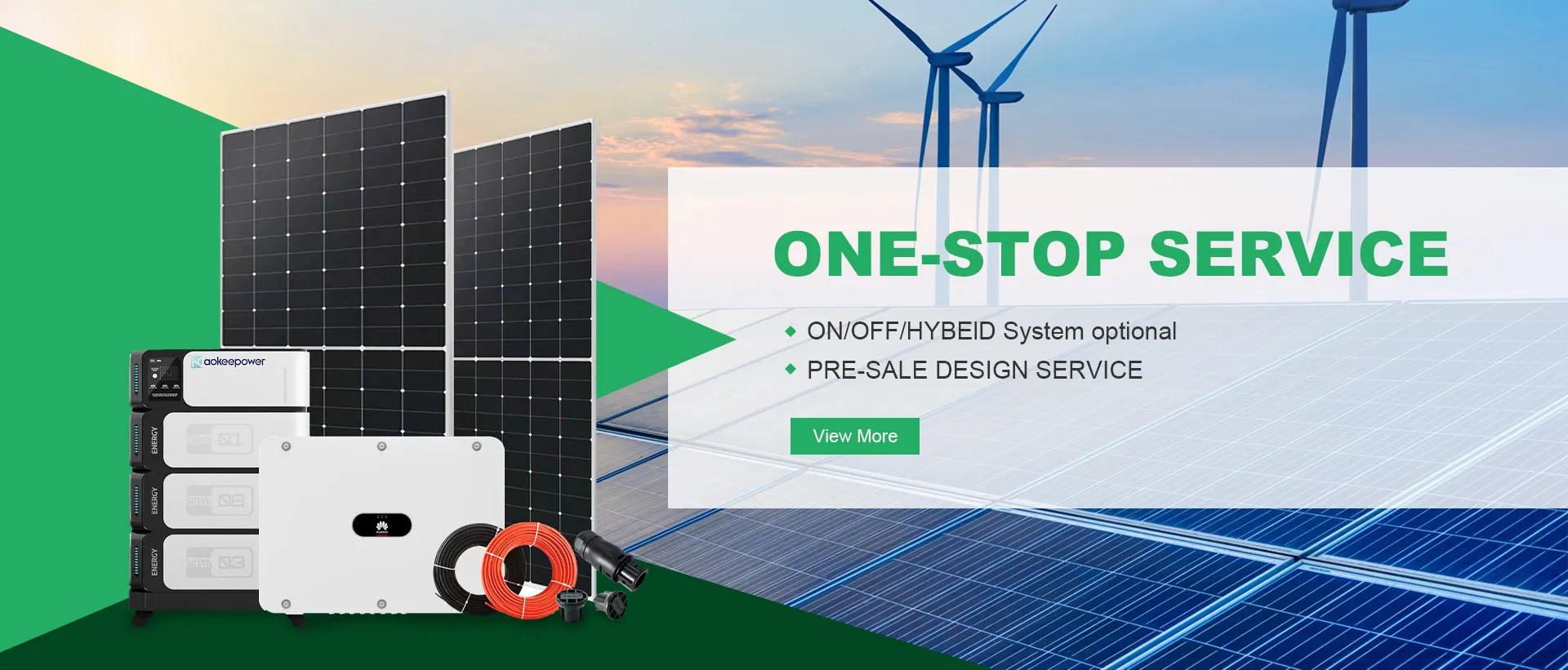Understanding the Lifespan and Efficiency of Solar Panels for Sustainable Energy Solutions
The Longevity and Efficiency of Solar Panels A Sustainable Energy Future
As the world increasingly shifts towards renewable energy sources, solar power has emerged as a leading contender in the quest for sustainable energy solutions. The efficiency and longevity of solar panels are critical factors that determine their viability as a long-term energy source. Understanding these aspects can help consumers, businesses, and policymakers make informed decisions about solar energy investments.
The Longevity and Efficiency of Solar Panels A Sustainable Energy Future
The lifespan of solar panels is another crucial consideration, as their longevity directly impacts their overall efficiency and economic viability. Most solar panels come with warranties ranging from 20 to 25 years, during which they are expected to maintain a certain level of performance. In practice, many solar panels can continue to function effectively beyond their warranty period. Research has shown that high-quality panels can operate for 30 years or longer, although their efficiency may gradually decline over time. Typically, solar panels lose about 0.5% to 1% of their efficiency per year, meaning a panel that starts at 20% efficiency could still achieve around 80-90% efficiency after 25 years of use.
solar panel lifetime efficiency

Environmental conditions play a significant role in determining both the efficiency and lifespan of solar panels. Factors such as temperature, humidity, and exposure to extreme weather conditions can affect their performance. For instance, while solar panels can operate effectively in high temperatures, excessive heat can lead to decreased efficiency. Additionally, panels installed in locations with high levels of snow or hail may require better components or installation strategies to ensure longevity. Therefore, it is essential to consider local climate conditions and choose suitable solar technologies to maximize both efficiency and lifespan.
Beyond individual performance, the growing adoption of solar energy brings broader benefits to society and the environment. By reducing reliance on fossil fuels, solar energy helps to lower greenhouse gas emissions and mitigate climate change. The long-term efficiency and longevity of solar panels contribute to the overall sustainability of solar energy systems, ensuring that they provide clean energy for decades with minimal environmental impact.
In conclusion, the efficiency and lifespan of solar panels are vital components in the broader narrative of renewable energy. Improvements in technology have led to increasingly efficient solar panels with longer operational lives, making solar energy a feasible choice for both homeowners and businesses. As the market for solar energy continues to grow, understanding the nuances of solar panel performance will be essential for making informed decisions that align with sustainability goals. With continued research and development, the future of solar energy looks promising, paving the way for a cleaner, greener planet.
-
Unlocking Energy Freedom with the Off Grid Solar InverterNewsJun.06,2025
-
Unlock More Solar Power with a High-Efficiency Bifacial Solar PanelNewsJun.06,2025
-
Power Your Future with High-Efficiency Monocrystalline Solar PanelsNewsJun.06,2025
-
Next-Gen Solar Power Starts with Micro Solar InvertersNewsJun.06,2025
-
Harnessing Peak Efficiency with the On Grid Solar InverterNewsJun.06,2025
-
Discover Unmatched Efficiency with the Latest String Solar InverterNewsJun.06,2025







